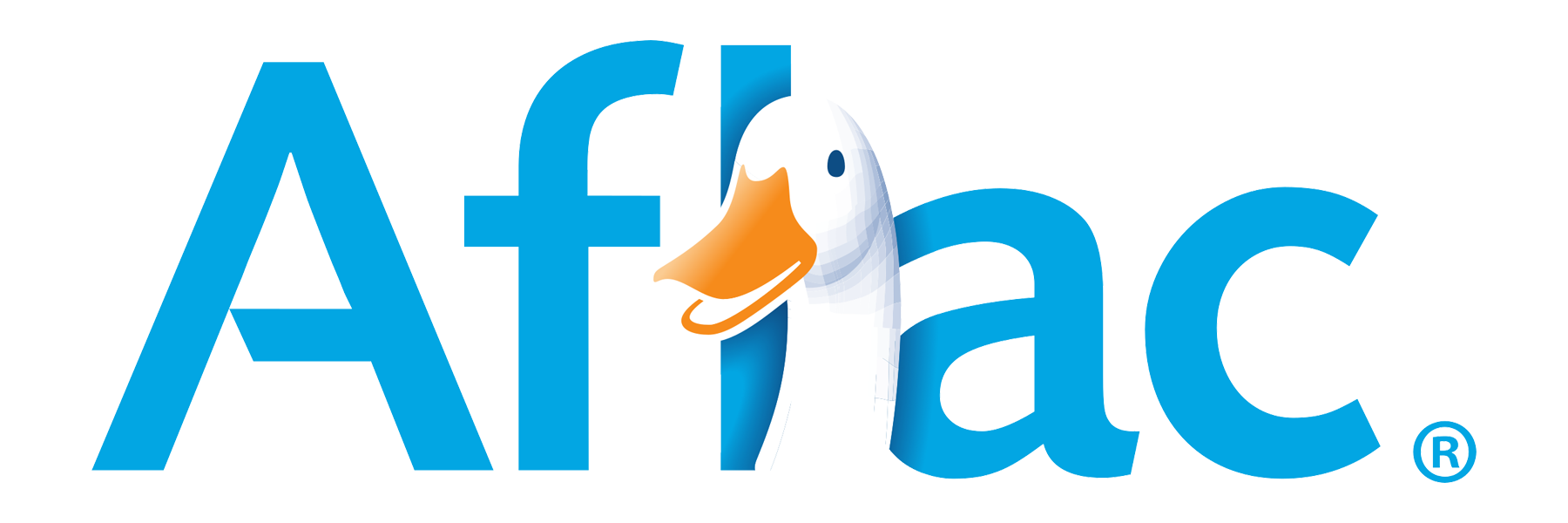

The TCOLE Sunset Bill: The negative impact the bill will have on Texas officers

March 2021
Response to the HB 1550 and SB 711 (TCOLE Sunset Bill)
Introduction
While the Sunset Advisory Commission has completed a thorough analysis of the Texas Commission on Law Enforcement (TCOLE) and recommends many implementations, CLEAT is opposed to, and has offered potential amendments to, many of these recommendations. CLEAT believes that the introduction of many of the following recommendations will severely constrict local law enforcement agencies’ current abilities. Some may also invade the constitutional boundaries of cities, towns, and counties across Texas. Local government entities have a right to control, monitor, set standards and train their officers consistent with statutory authority that will be overridden with the implementation of the commission’s recommendations. With CLEAT’s far-reaching membership and influence, we seek to be an active participant in this piece of legislation.
Sec. 1071.166. – Subpoena
CLEAT is opposed to authorizing TCOLE to issues subpoenas. The need for subpoena power far exceeds the scope and authority of an administrative agency. For example, the DMV cannot issue subpoenas. If TCOLE is now to become a law enforcement agency with the power to fully investigate and prosecute criminal conduct, you are expanding the scope of their duties beyond that of an administrative agency. Much like an internal affairs unit inside a department, their duty is to investigate administrative violations. Internal Affairs Units have no subpoena power, therefore; TCOLE should also be prohibited from having this power. TCOLE is not a criminal investigative agency. By granting subpoena power you give TCOLE, an administrative agency, the authority to invade the privacy of individuals for something that is purely administrative. Additionally, there exists the potential for conflicts developing between TCOLE and other law enforcement agencies who are tasked with investigating criminal misconduct.
The mechanism for a hearing in the instance of questioning witnesses is through the State Office of Administrative Hearing. Independent hearings or subpoenas are not issued for an investigation. TCOLE already has access to all the documents necessary to fulfill their investigative needs, along with the ability to file for an Open Records Request. Granting them the ability to issue subpoenas is out of their scope as an administrative agency and should not be considered.
Sec. 1701.167. – Examination of License Holder
The recommendation to expand the existing authority of TCOLE to include examinations for licensees suspected of being impaired is an overreach by a state agency of which CLEAT is adamantly opposed. Allowing this erodes the local law enforcement agencies that answer to those who are locally elected. These local agencies have existing capabilities to determine if a fitness for duty inquiry is necessary, and the means to carry out such a task.
Sec. 1701.202 – Complaints
Authorizing TCOLE to withhold the identity of complainants creates multiple issues. The idea redirects from Chapter 614, stating that a signed and written complaint must be given to the peace officer. The Sunset Advisory Commission states that “licensees may eventually find out the identity of the complainant as the investigation process proceeds,” so the confidentiality proposed is not guaranteed. The commission bases this recommendation on individuals’ reluctance to file a complaint, but is there a basis for that argument? Not being able to confidently ensure confidentiality throughout the entire process makes the initial promise of confidentiality useless. Officers deserve to know who their accuser is if there is any indication they will be disciplined over the allegation.
This also creates the issue of individuals issuing false complaints with the knowledge that their identity is protected. Is the identity known by at least someone or are the complaints completely anonymous? If anonymously issuing a complaint is allowed, the process of pursing these complaints will be greatly complicated with no source to refer to. It also opens the potential for an individual to easily make a baseless claim that would require a department to dedicate their time and resources to investigating.
Sec. 1701.721-1701.731. Panel Established; Composition
The Sunset Advisory Commission finds issue with the patchwork of local oversight. Local departments have different needs that require different regulations and authority, depending on factors such as population. By constraining the oversight of the larger, well-established, and metropolitan local agencies of Texas, TCOLE is setting these agencies backwards from their current standards. While the Sunset Staff recommends establishing a blue-ribbon panel to evaluate the regulations, CLEAT believes that a panel would only accomplish recommending more constraint and oversight. TCOLE is already in control over the statewide training that all officers have to complete to pass the state test and earn their license, as well as the continuing education criteria for officers. In the event a blue-ribbon panel is created, CLEAT believes it is important to ensure the most experienced in the field are included on the panel. CLEAT recommends the panel be made up of:
Sheriff of major counties to include Dallas, Harris, and Bexar
Police Chief of the 5 largest cities in Texas
Executive Directors of both statewide law enforcement associations (representing rank and file officers)
Executive Director of the Police Chiefs Association
President of the Sheriffs Association of Texas
Representative of the Bill Blackwood Law Enforcement Management Institute of Texas (LEMIT)
Representative of the Advanced Law Enforcement Rapid Response Training (ALERRT)
These sections set up an investigative panel with subpoena power from district courts and enforcement of the subpoena in law. It allows for TCOLE to set its own standards and conduct its own review and investigation for violations of the law and misconduct. These sections give TCOLE wide, sweeping and overly constraining control of licenses and the local law enforcement agencies who hire them.
Sec. 1701.3065. Criminal History Record Information for License Issuance
This chapter is duplicitous of what local law enforcement agencies do when they vet their applicants for hire. However, it adds a requirement for a prospective licensee to pay for any search of the Texas Crime Information Center and Naval Criminal Investigative Service systems in search for a criminal record. These additional fees can dissuade low-income individuals from applying. Consequently, this can have an adverse effect on numbers of minority candidates.
Sec. 1701.5011. Emergency Suspension
CLEAT is opposed to giving TCOLE this authorization and believes this is overreach and local authorities have the ability and are currently exercising this in those extreme cases mentioned. Additionally, every person that receives a license from the State of Texas through the licensing mechanism deserves due process before their ability to earn a living is taken from them. This recommendation will lead innocent individuals to being unfairly targeted.
Highest Regards,
Charley Wilkison
CLEAT Executive Director
Click below to view the official letter
Latest News
View AllThe 89th Legislative Session is officially in the books—and it was a BIG win for Texas law enforcement. CLEAT took the fight to the Capitol and delivered, achieving nearly all of our legislative goals and shutting down harmful policies that…
CLEAT continues to push legislation to combat rogue District Attorneys, such as Travis County DA Jose Garza, who misuse their office. We are addressing this issue through bail reform bills, as well as legislation that would amend statutes that have…



